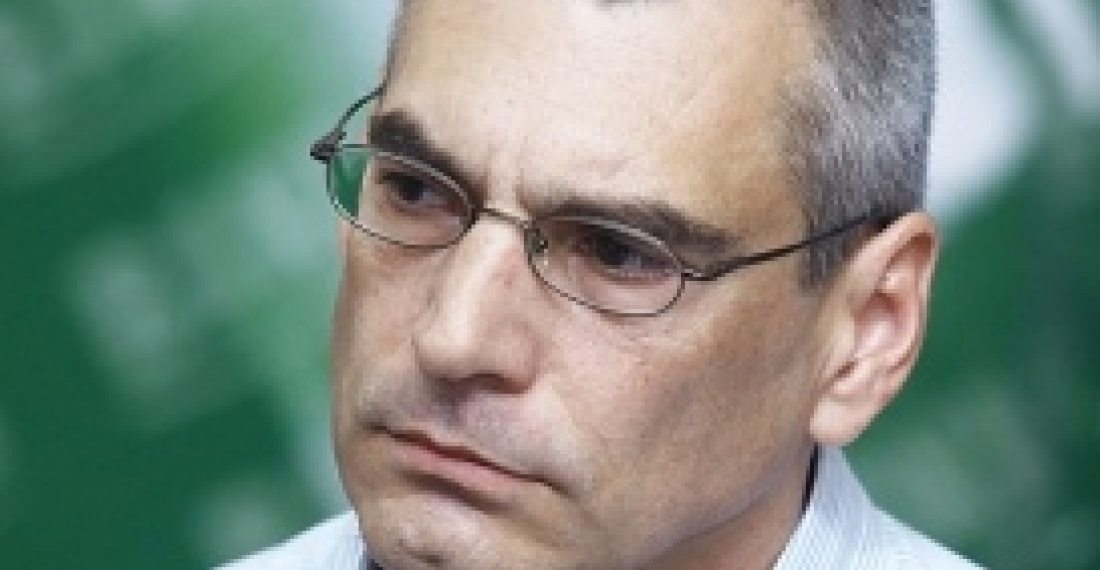После встречи президентов Армении, Азербайджана и России, глава российского МИД выступил с заявлением, в котором выражается разочарование дипломатической стратегией Азербайджана. Об этом заявил на пресс-конференции в Ереване глава Центра региональных исследований, политолог Ричард Гирагосян.
«Если говорить откровенно, это у Баку это и не дипломатия и не стратегия, это максималистский подход, они хотят все и больше того», - заявил Гирагосян. Он добавил, что активизация азербайджанской стороны на решение Сената Франции, военная риторика, звучащая в Баку, прекрасно осознается в Турции и не служит на пользу Анкаре.
“В Сочи звучало меньше заявлений о войне со стороны Азербайджана. Международное сообщество и Минская группа осознали, что воинственные заявления Азербайджана неконструктивны”, - отметил Гирагосян. Он добавил, что именно Азербайджан угрожает региональной стабильности и миру, в то время как Армения и Нагорный Карабах способствуют миру и стабильности на Южном Кавказе. Внешняя политика Армении продолжает усиливаться, как в вопросе Карабаха, так и в армяно-турецком процессе. Стратегическое значение Армении также увеличилось.







